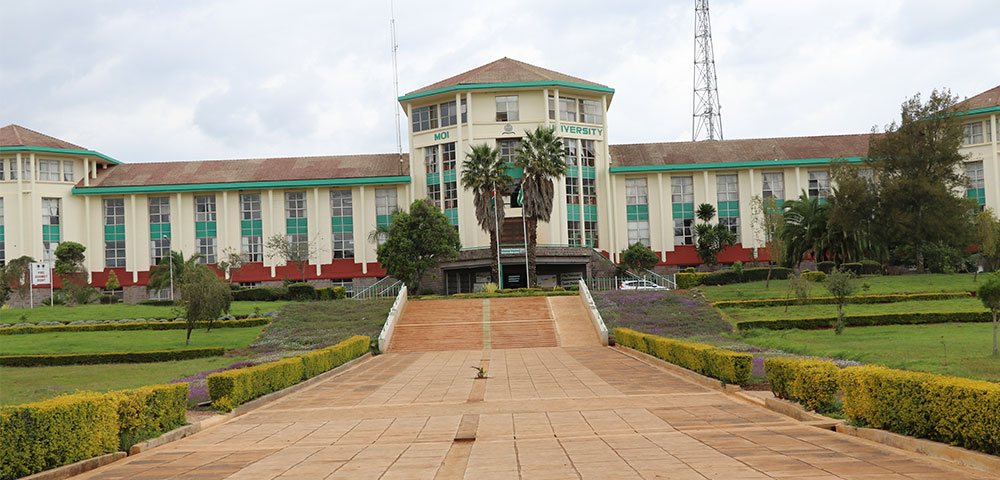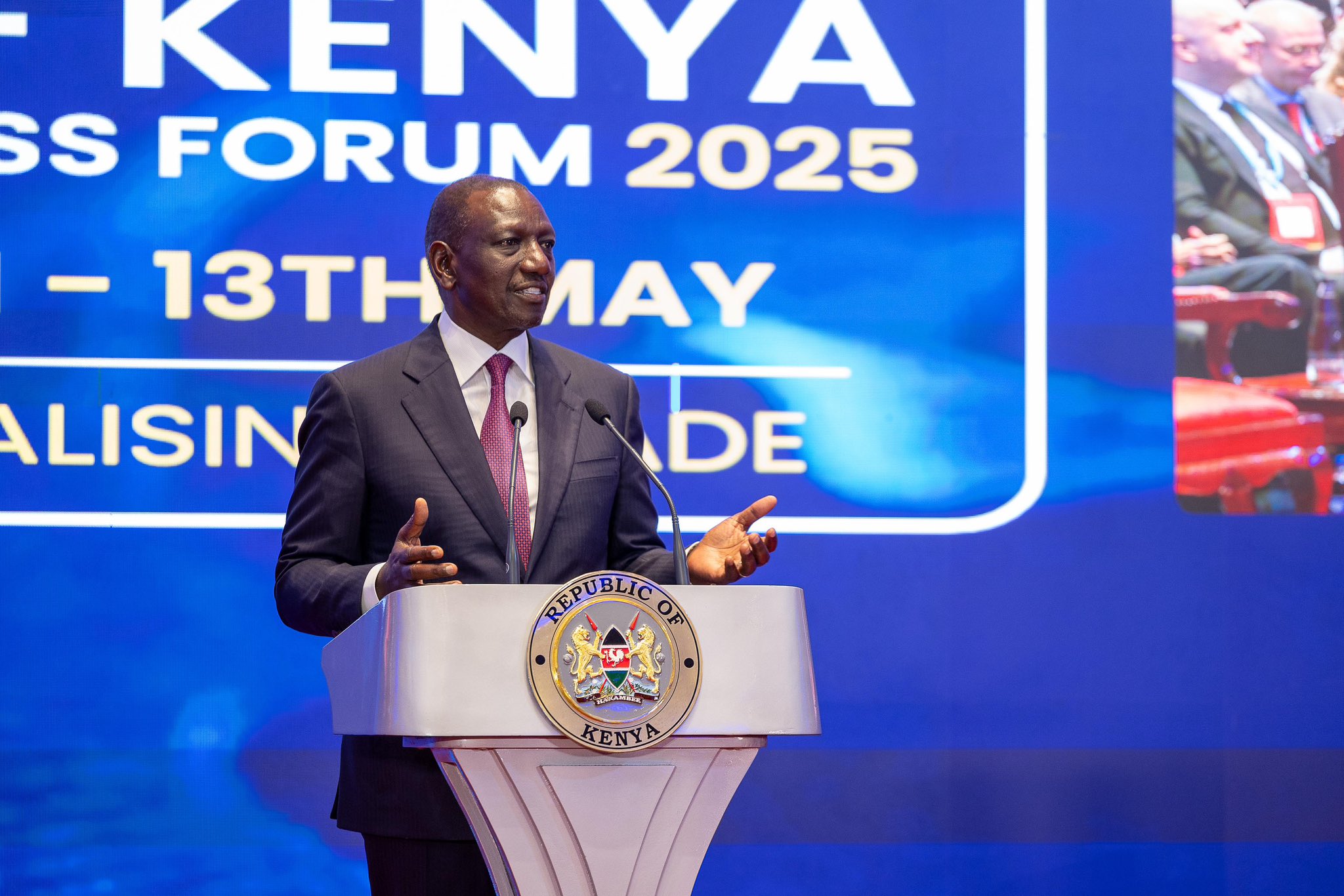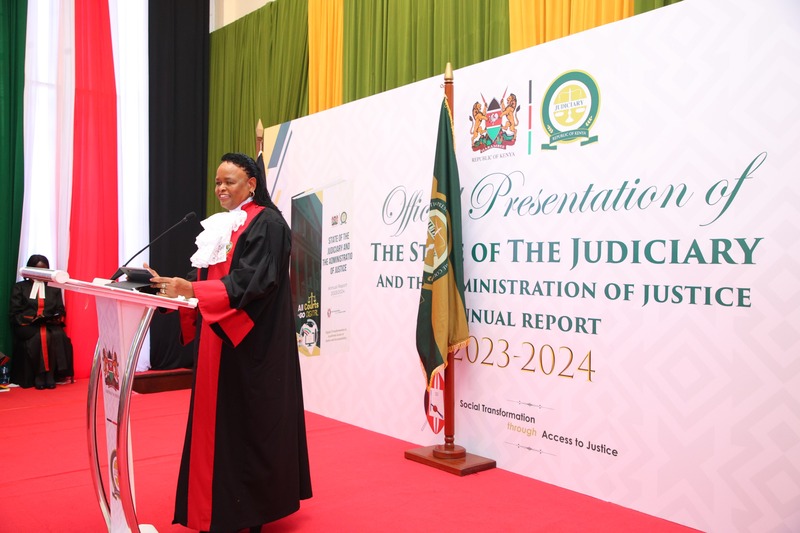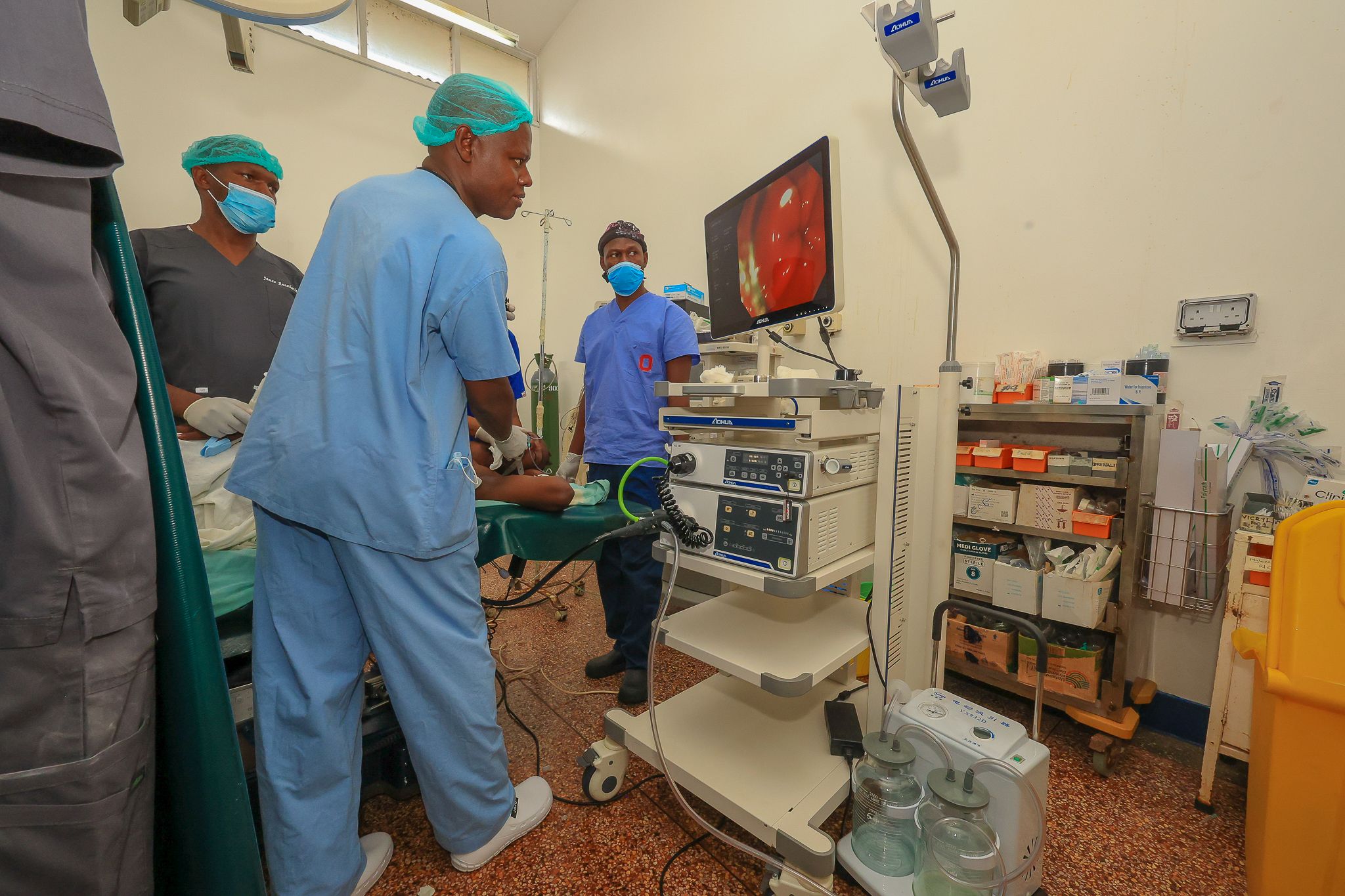Varsities' financial crisis: Treasury proposes budget cuts for Moi, Egerton and TUK amid wage woes

According to the budget estimates, Moi University’s recurrent budget will drop from Sh3.3 billion to Sh1.96 billion in the next fiscal year.
Three major public universities, Moi University, Egerton University and the Technical University of Kenya (TUK) are on the brink of a financial crisis as the National Treasury has proposed cutting their budget in the 2025/26 financial year, amid growing debt and operational challenges.
According to the budget estimates, Moi University’s recurrent budget will drop from Sh3.3 billion to Sh1.96 billion in the next fiscal year.
Egerton University’s allocation will fall from Sh1.6 billion to Sh1.3 billion, while TUK is set to receive Sh901 million, down from the current Sh1.18 billion. The proposed cuts are part of President William Ruto’s Sh4.2 trillion third spending plan.
The revelations come against the backdrop of worsening cash flow problems in public universities, which are struggling to meet basic financial obligations, including salaries, utility bills and outstanding debts. Recurrent budgets are intended to support day-to-day operations such as employee compensation and administrative expenses.
Moi University is currently saddled with a Sh9.23 billion debt, a burden attributed to unchecked expansion, a declining student population and a bloated workforce. The institution’s payroll alone consumes 88 per cent of its operational budget, contributing to salary delays that have sparked staff boycotts and temporary closures.
In a bid to rescue the Eldoret-based university, the National Treasury allocated an additional Sh1.8 billion in a February 2025 supplementary budget to facilitate salary payments and meet other urgent needs. However, financial woes persist. Just a month ago, Moi University issued a notice announcing plans to lay off some of its employees as part of wider cost-cutting measures.
The situation is equally dire at the Technical University of Kenya, which is grappling with Sh12 billion in pending bills. TUK has announced plans to send home hundreds of workers in a move aimed at managing its ballooning wage bill.
Failure to pay salaries
Appearing before the National Assembly Committee on Education, Vice Chancellor Prof Benedict Mutua said the institution has been unable to pay full salaries since 2013 due to chronic underfunding.
He further disclosed that despite deducting statutory contributions from employees’ salaries, the university has failed to remit Sh6.7 billion to relevant agencies.
TUK also owes Sh4.3 billion in pension contributions and Sh305.8 million to banks, savings and credit co-operatives, and insurance companies. Other outstanding bills include Sh360.1 million to contractors and creditors, Sh70.2 million to third parties, Sh761 million in collective bargaining agreement arrears, and Sh398.8 million in employee claims.
“We have been operating under extreme financial pressure, and this has affected the morale of our staff and the quality of services we offer,” Mutua said.
“The situation is unsustainable without urgent intervention.”
Egerton University, on the other hand, is dealing with a Sh7.69 billion debt that has crippled its ability to pay staff. The Public Service Commission ranked Egerton as the most affected public university in terms of salary arrears for the financial year ending June 2024.
The proposed budget cuts are not limited to the three institutions. Other universities expected to face similar reductions include Jomo Kenyatta University of Agriculture and Technology (JKUAT), University of Kabianga, Kirinyaga University, Murang’a University, Taita Taveta University, Garissa University, Rongo University and Kibabii University.
Ironically, the budget cuts come at a time when public and private universities are experiencing rising enrollment. According to the 2025 Economic Survey, university enrolment increased by nine per cent in the current financial year, raising concerns about mounting pressure on infrastructure and resources amid shrinking funding.
Data from the Kenya Universities and Colleges Central Placement Service (KUCCPS) shows the number of students placed in universities rose by 10.5 per cent—from 141,859 in the year ending June 2024 to 156,713 in the current academic year.
Meanwhile, a few institutions will see increases in their recurrent budgets. The University of Nairobi will receive Sh2.8 billion, up from Sh2.31 billion, while Kenyatta University’s budget will rise from Sh2.27 billion to Sh2.5 billion. Maseno University will also get a bump, from Sh1.52 billion to Sh2 billion.
Overall, the total recurrent budget for higher education is projected to rise to Sh87.7 billion in the 2025/26 financial year, up from Sh80.6 billion in the current year.
Top Stories Today













































